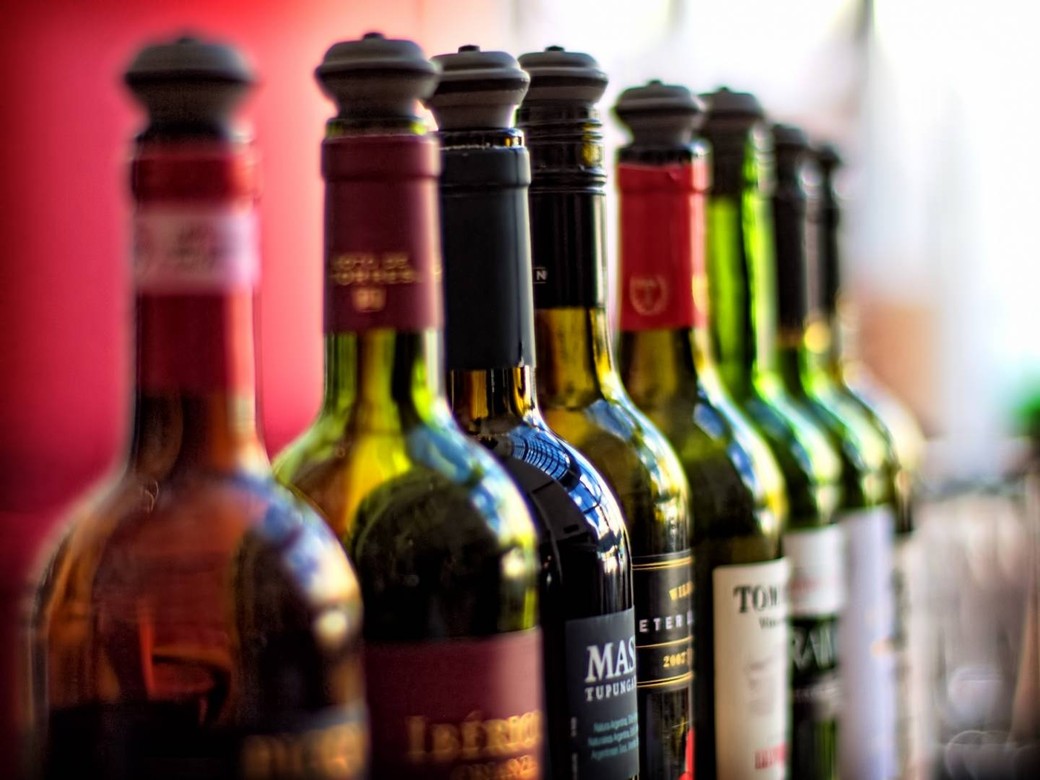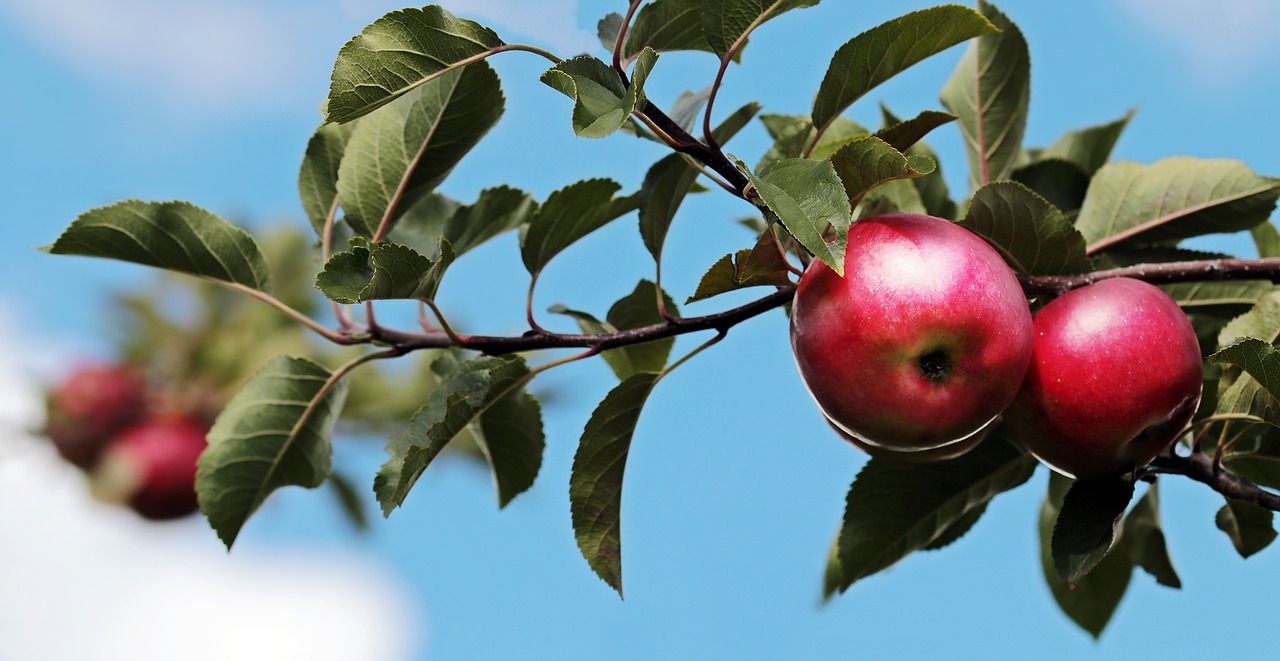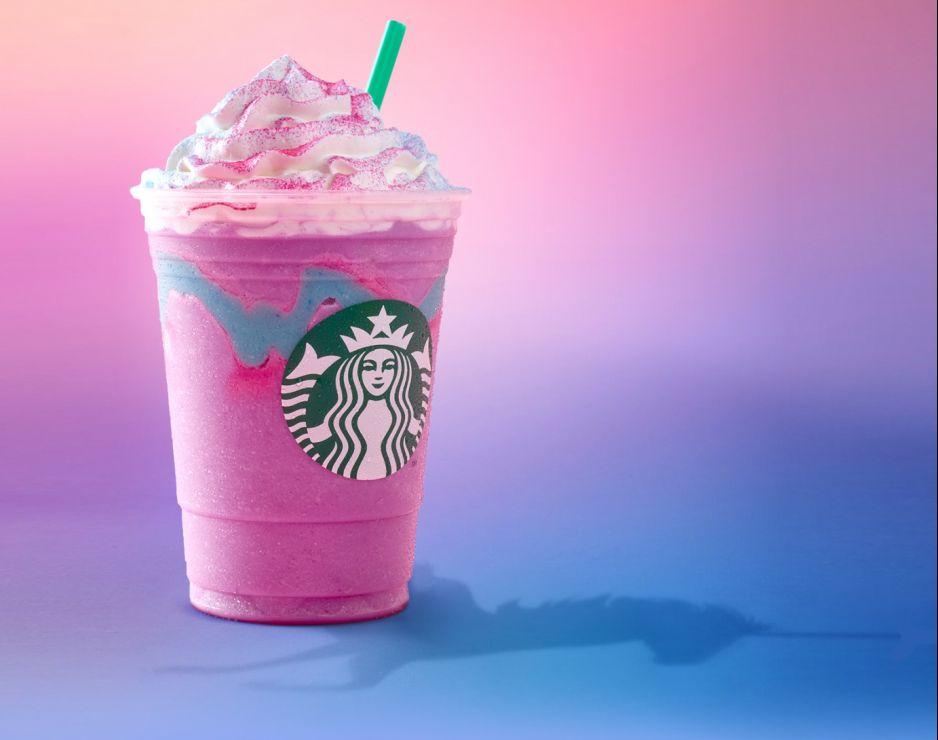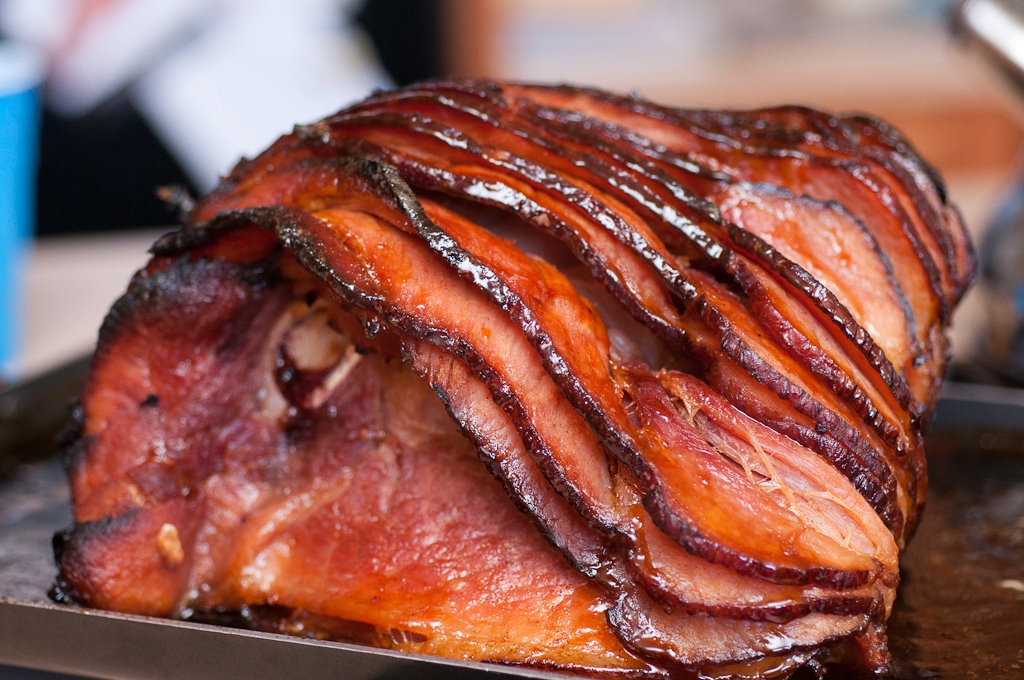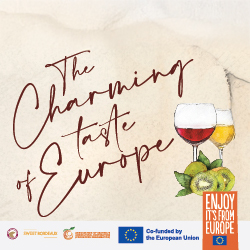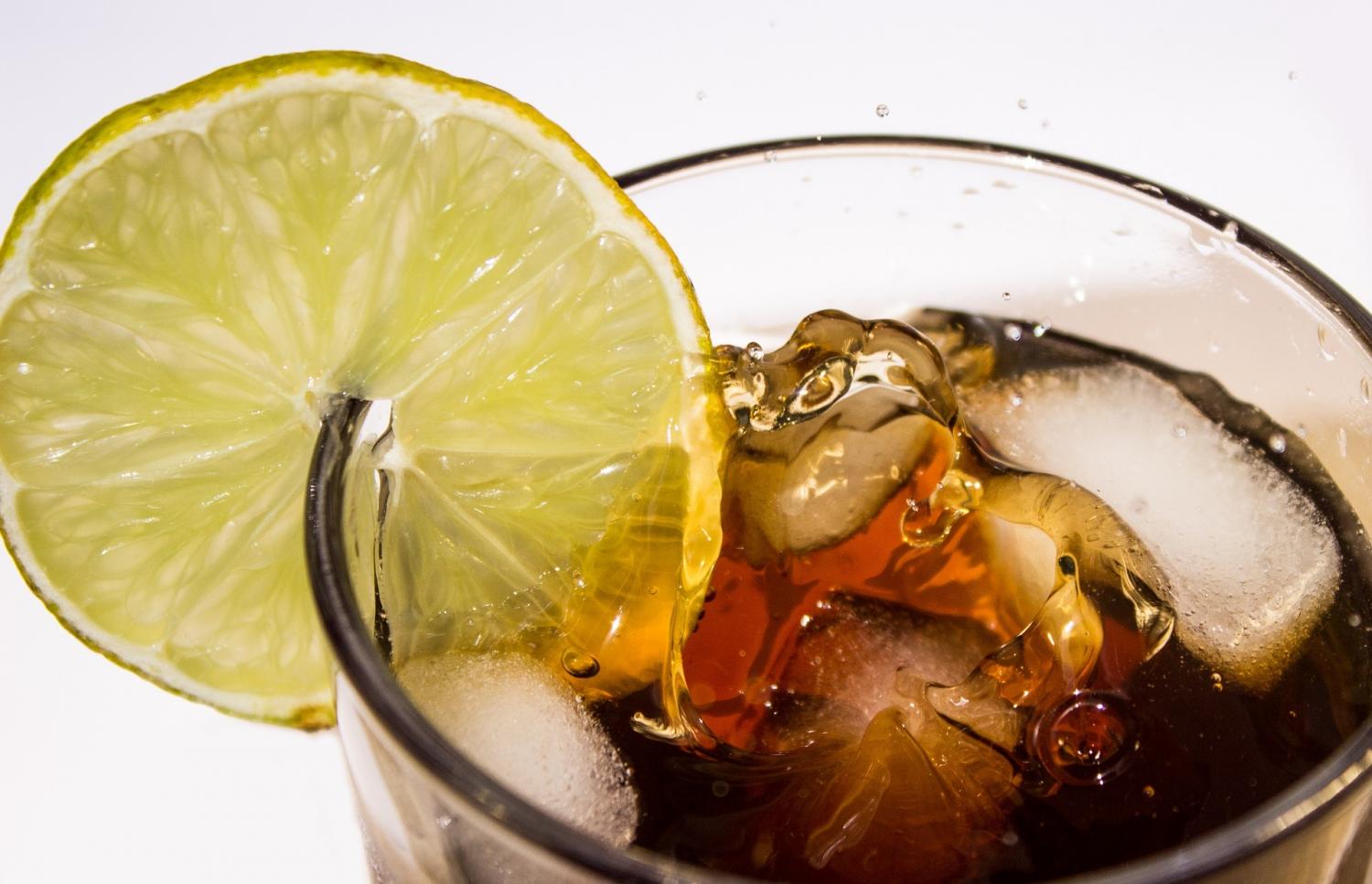
Balance Calories – A success story of Canadian beverage sector Innovation
2017 was an important year for the Canadian Beverage Association, as we celebrated our 75th anniversary representing the non-alcoholic beverage industry. Another reason for the industry to be proud was the Conference Board of Canada’s (CBoC) Balance Calories Tracking Report 2017. The report showed that Canadians are continuing to reduce the number of calories they are consuming from sugar- sweetened beverages. That is happening, in large part, as a result of the hard work the beverage industry is doing to drive innovation, promote calorie balance and reduce the amount of sugar Canadians are consuming from sugar-sweetened beverages.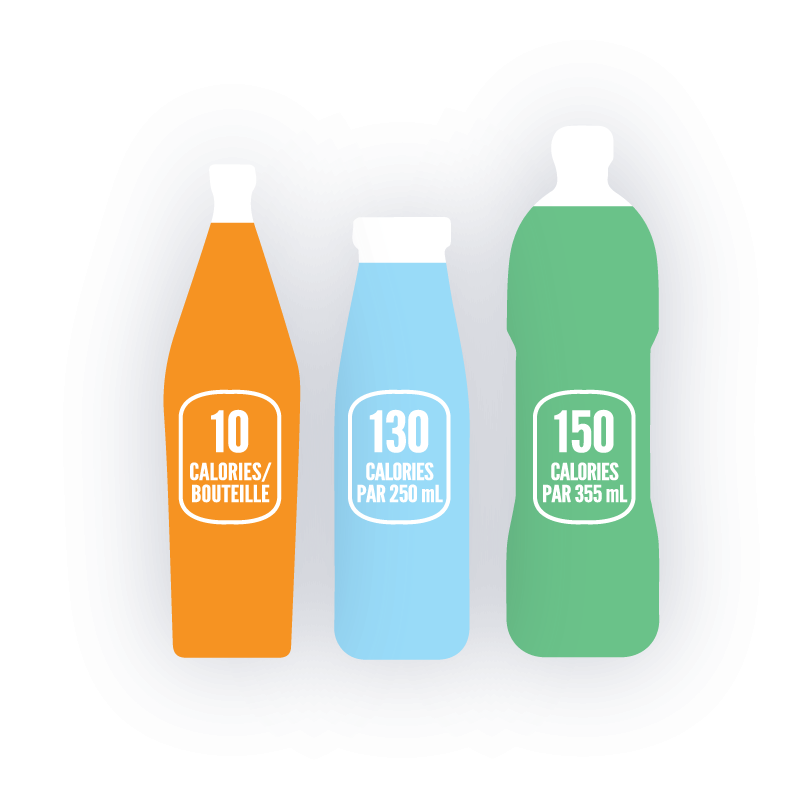
The Balance Calories Initiative (BCI) is a voluntary industry-led initiative by members of the Canadian Beverage Association to reduce calories consumed from sugar-sweetened beverages per capita/per day by 20% by 2025.
The CBoC report shows that, in the first two years of our commitment, calories from non-alcoholic sugar-sweetened beverages have declined by 10.2%. This level of reduction is also reflected in the federal government’s own Canadian Community Health Survey (CCHS) 2015. The result is that both the
Conference Board of Canada – Balance Calories Tracking Report 2017 and the federal government’s data corroborate a continued reduction in calories consumed from sugar-sweetened beverages.
This reduction is significant, representing millions of calories from sugar being removed from Canadians’ diets. In total, the CCHS 2015 data points to at least a 30% reduction in calories since 2004, corroborating the findings in the Conference Board report.1
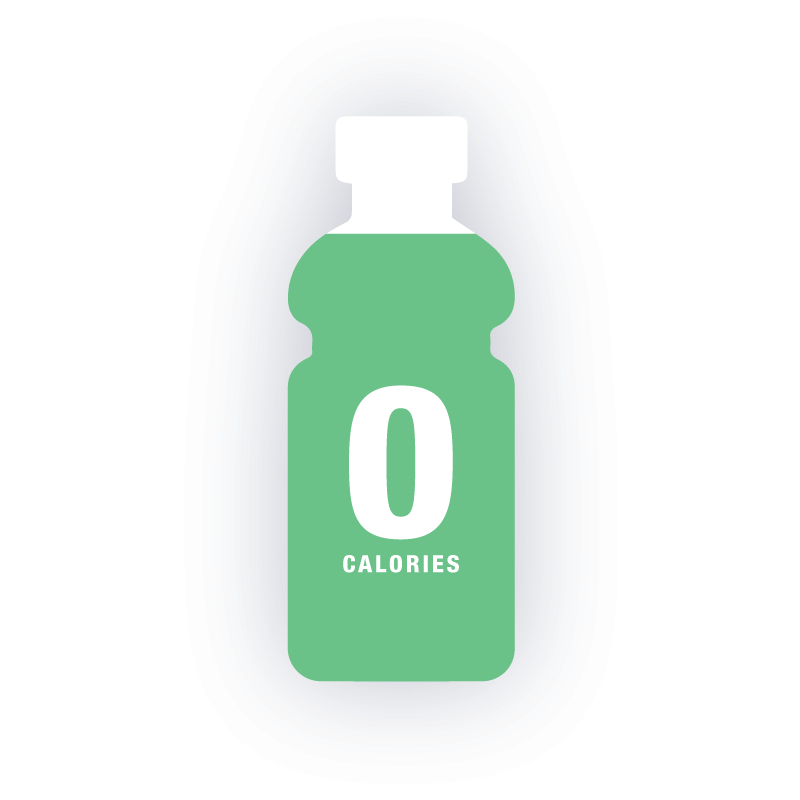 Our industry is working hard to address the less than 7%2 of daily calories that our products account for in Canadians’ diets, and we are seeing real results. While those results show that calories from sugar- sweetened beverages have gone down, obesity rates in Canada continue to rise.
Our industry is working hard to address the less than 7%2 of daily calories that our products account for in Canadians’ diets, and we are seeing real results. While those results show that calories from sugar- sweetened beverages have gone down, obesity rates in Canada continue to rise.
To ensure the success of Balance Calories, it was crafted around some of the most effective measures in reducing obesity as identified in the McKinsey report – portion control, reformulation and innovation.3 The McKinsey Report – Overcoming Obesity, published in 2014, investigated some 16 obesity intervention methods. The methods used to inform the Balance Calories Initiative are the top three methods outlined in that report.
The Canadian Beverage Association and its members will continue pushing toward meeting our Balance Calories goals by innovating to reduce the number of calories Canadians consume from the products we produce. Canadians now have more options and control over the calories they consume from our beverages than ever before. With more than two dozen new low- and no-calorie options being introduced to the market in 2017 alone, innovation is the lifeblood of the beverage industry, which will continue into the future.
To learn more about the Balance Calories initiative please visit: balancecalories.ca
1 Conference Board of Canada – Canadian Beverage Association Balance Calories Tracking Report 2017 http://www.conferenceboard.ca/e-library/abstract.aspx?did=9319
2 For liquid refreshment beverages, including 100% juice, based on 2,000 calories per day. Source for LRB calories/litre and consumption data: Canadean (2015; based on Canadean data from their Industry Analyzer and Ingredients databases). www.canadean.com
3 https://www.mckinsey.com/industries/healthcare-systems-and-services/our-insights/how-the-world-could- better-fight-obesity

